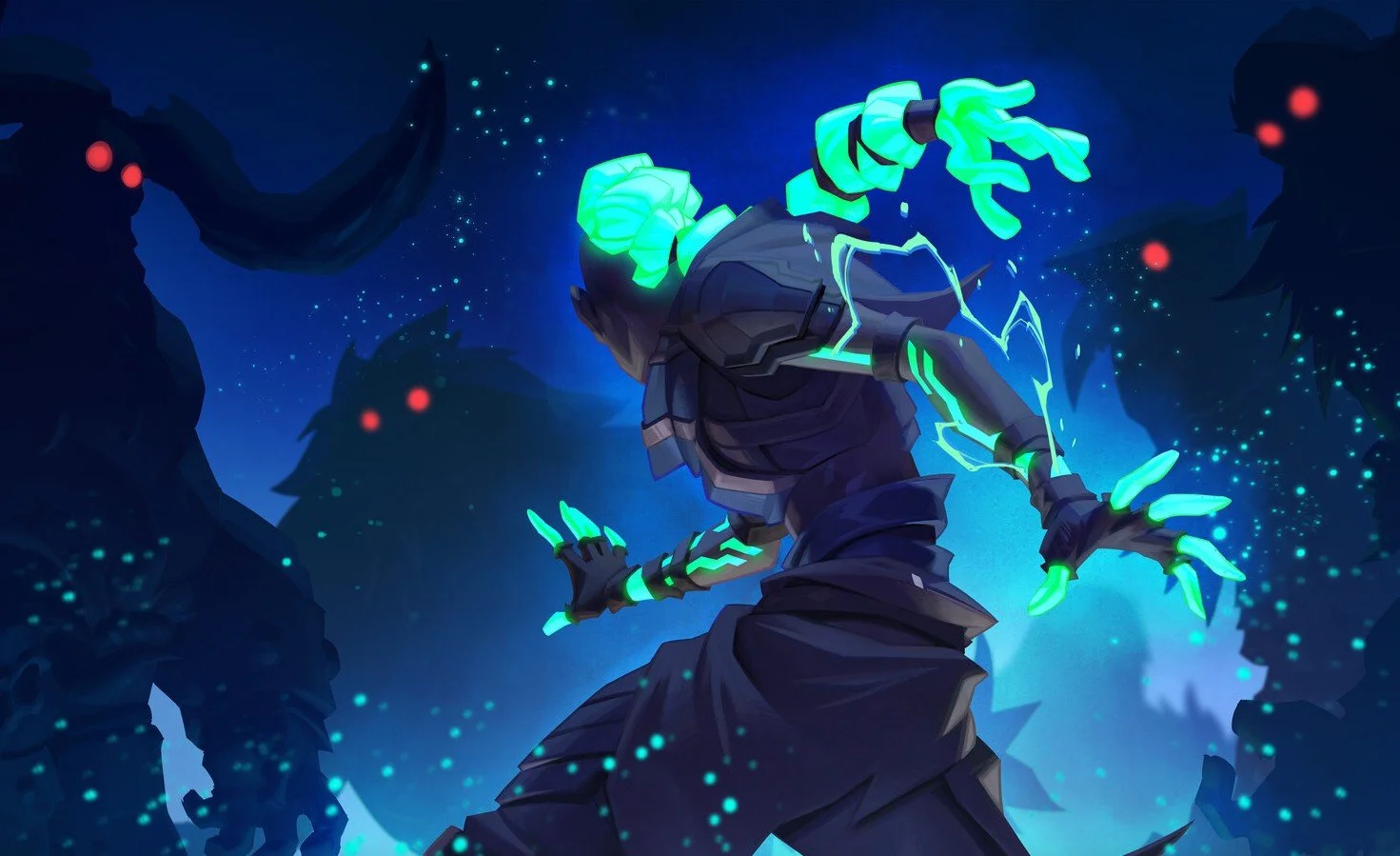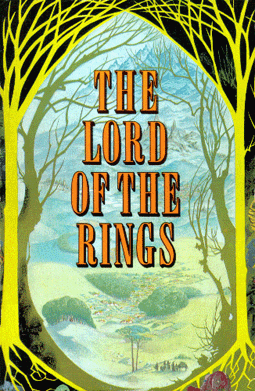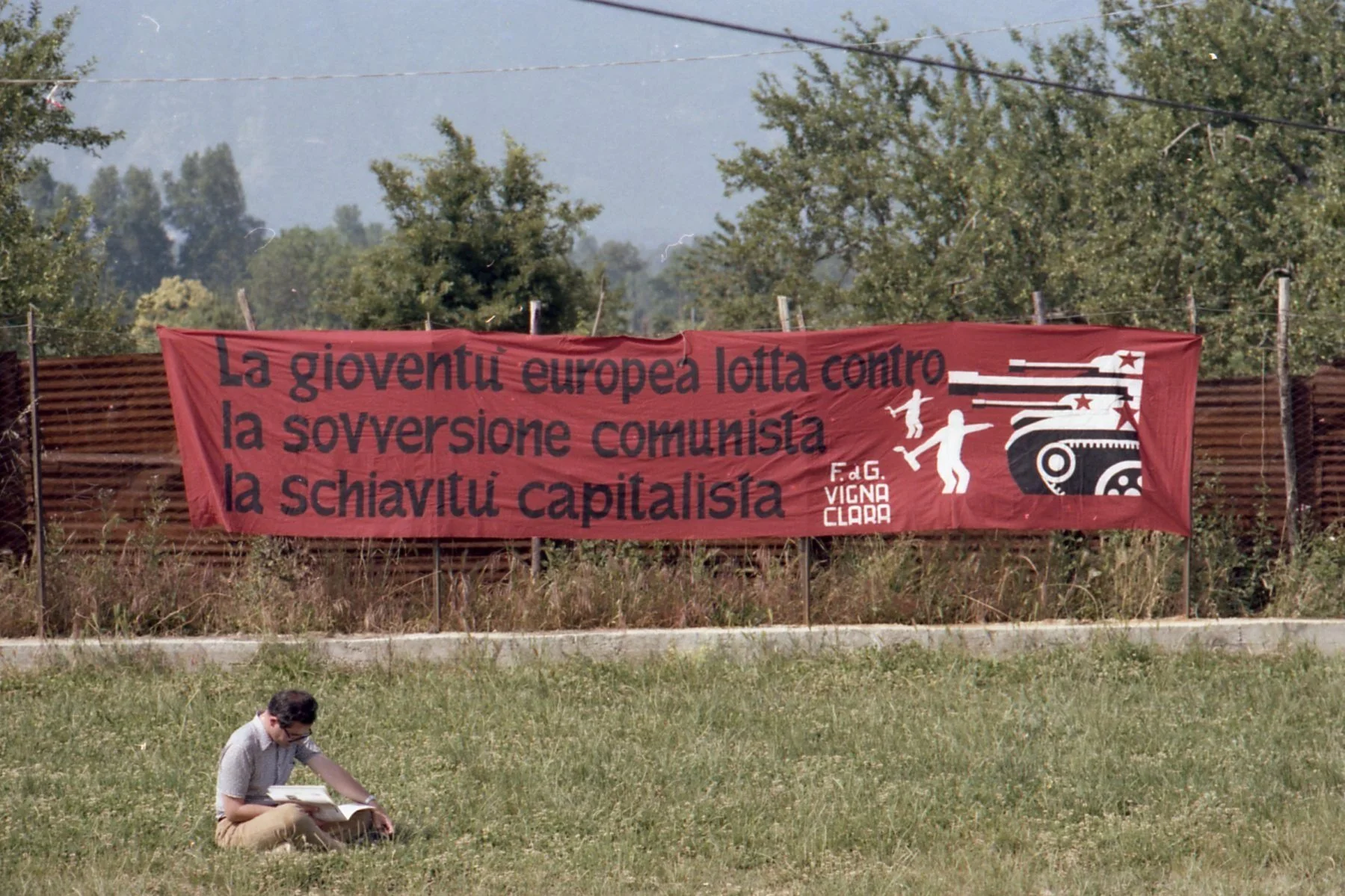Damsels Under Duress
/A big part of the wonder of Speculative Fiction — such as and including Fantasy and Science Fiction (Sci-Fi) — lies in its ability to reinvent the world around us into a fresh new form. Worlds populated by alien races, filled with advanced technologies and feats of magic. Authors have been reinventing and extrapolating whimsical new environments since our species learned how to make marks on paper. However, a worrying trend in speculative fiction is visible when examined; the fantastical and inventive creativity of speculative fiction is ingrained with a systemic, misogynistic belittling and objectification of women and femme-presenting characters. As a disproportionately male-dominated sphere, the work of depicting a fantastic new world nigh-exclusively includes turning women into fetishized caricatures of the male gaze.
Popular Culture
The trend of character creation in Role-Playing Games (which draw heavily from Speculative Fiction as a core attribute) is a well-documented example of the disparity in treatment between men and women. It’s long been a joke in online communities since the early days of World of Warcraft that, when creating a character, the male options are varying types of hulking monsters while the female options are little more than bland recolours of a generic “pretty lady”. Many of these games are heavily based on championed literary work, sometimes directly. It paints a grim picture of their regard for women when the first opportunity a woman has to identify with these worlds is being trunked into a sexualised body. That’s to say nothing of the host of revealing bikini-armours and excuses for attire they’re stuck with from then on, leaving them running across the open world in high-heeled boots.
Worrying Trends
Since speculative fiction has been around, female characters have been consistently written in a way that undermines their intelligence, independence and contribution to society. Trends point to the only woman in a cast full of men serving as the protagonist’s love interest; women being severely maimed and killed in increasingly brutal ways as a cheap tactic to raise stakes for the male heroes. American writer Gail Simone, author of Bird of Prey among other comics, compiled a list of 100 such occurrences in an address to industry professionals which she later published to its own website. Even women that are depicted as strong and independent in fantastical literature either give up these things over the course of a story or are presented with a persistent air of fetishism. Too often, the term “strong female character” translates from geek-speak as “bi-sexual kung-fu dominatrix”, an image that only further deepens women’s role in fantasy as a commodity.
Real-World
All these patterns reflect the real-world culture that creates speculative fiction and has for quite some time. Isaac Asimov, who I discussed in my first post on this blog, was a staunch liberal and considered himself a feminist even before the women’s rights movement took off. Yet, he has an established track record of sexual harassment against women at conventions. His biographer even attributed this to creating an atmosphere that drove women away from science fiction. There’s little wonder there’s so few women to advocate for themselves in the industry when its best and brightest names, who spend their careers drawing faux supermodels and writing about damsels in distress, are also touching them inappropriately. Between fandom conduct and workplace culture, this industry has been repelling women for nearly a century.
Next Steps
But none of this to say that progress isn’t being made, as more recent novels, games and other media are featuring modernised and inclusive character design. Animated series like Netflix’s Arcane, video games like Airship Syndicate’s Wayfinder and graphic novels like DC Comic’s Eat. Bang! Kill. Tour miniseries are all stellar examples of Speculative Fiction’s slow cultural improvements.
Ultimately, the best way for women’s representation to improve is to have more women writers involved in this creative sphere. It’s a difficult thing to ask of women, after all the things discussed today, to be enthusiastic about getting involved in the world of speculative fiction, which has for so long made an object of them. That is why the burden lies on men in the industry to work at creating a more inclusive environment. Maybe some of you reading this now are aspiring writers. If so, I encourage you to carefully reconsider your habits and prejudices. Have you ever confused “strong” with “sexy”? have you ever “fridged” a woman for a man’s character development?
Are you sure?
Gaelen Guymer writes expository fantasy books for troubled teens and troubled adults alike. He is currently enrolled in a professional writing program at Algonquin College’s school of media and the arts, located in Ontario, with a specialty in narrative fiction and its influence on the psyche. Before he began writing seriously, Guymer volunteered his time with local Ontario counselling services for 2SLBGTQIA+ youth before turning his experience into literary work.






